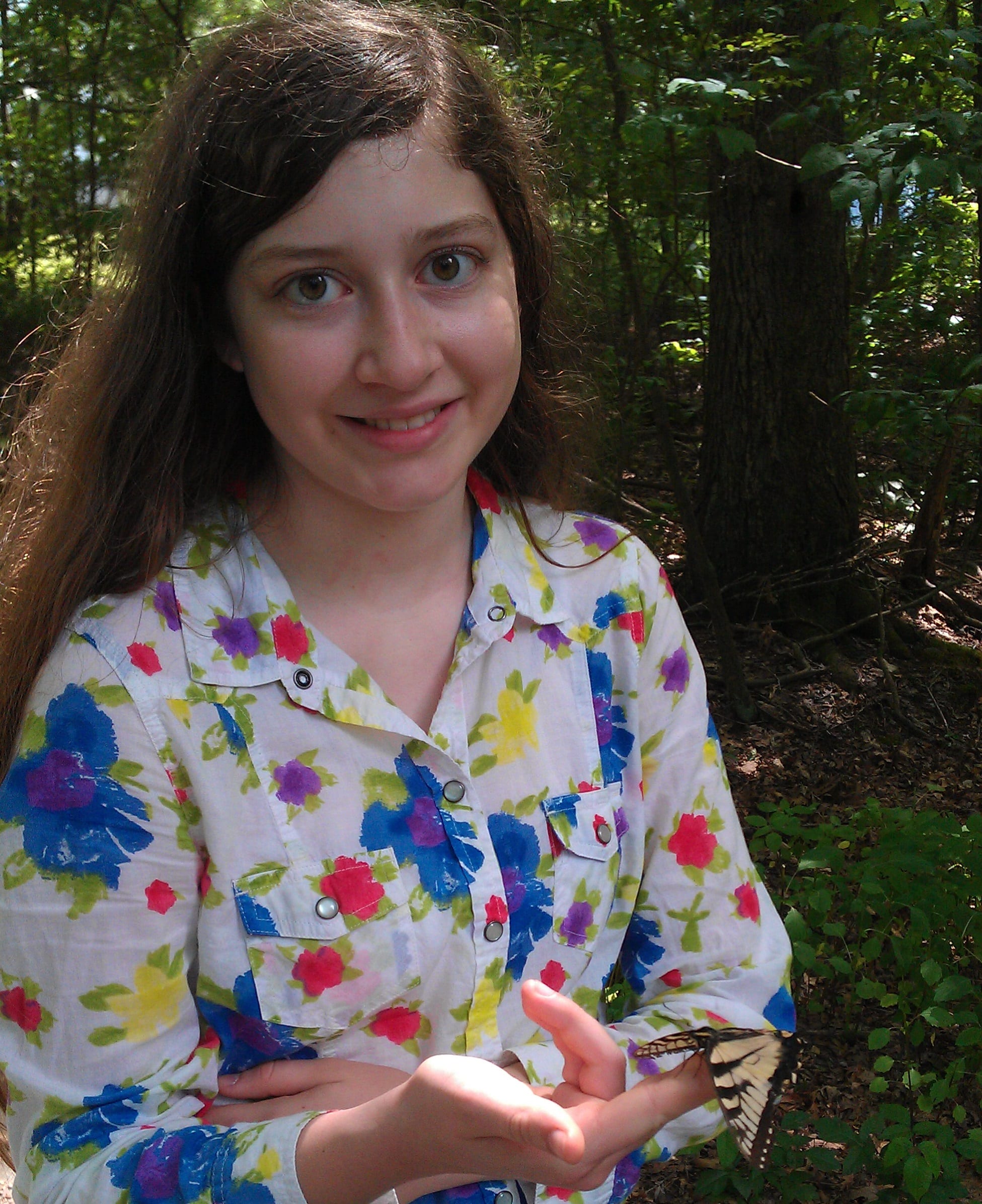To celebrate the holiday season, ASO is bringing you a science-filled 12 Days of ASO Christmas! This will be a series of ‘mini-blogs', by Rosemary Wills, centered on the science of some of our most cherished traditions. This is the seventh in the series.
Christmas music: it's hard to escape this time of year. Whether you love it or hate it, you've probably had a holiday tune or two echoing in your head lately. Turns out, psychologists have an official name for this phenomenon: Involuntary Musical Imagery (INMI). While less formal terms range from “sticky music†to “melodymania,†songs that get stuck in our heads are usually referred to as earworms.

There are nearly as many theories for why earworms occur as terms for the experience. Some argue they're just your brain's way of amusing itself when it's not actively engaged- waiting in line at the department store, sitting at a traffic light, or writing out address labels. Another popular theory, first proposed by James Kellaris at the University of Cincinnati, describes earworms as a “cognitive itch-†in an interview with BBC News, he describes especially catchy songs as having “properties that are analogous to histamines that make our brain itch… The only way to scratch a cognitive itch is to repeat the offending melody in our minds.â€
Many of these musical “histamines†are characteristic of our Christmas carols. Simple, easy-to-sing melodies and repetition, aspects that make carols so great for sing-alongs, also help wedge the tune in your mind. Familiarity also plays a major role. Coupled with the melodies blaring from every radio and department store intercom, the holidays create the perfect breeding ground for earworms.
About the Author
 Rosemary Wills is an undergraduate at UGA majoring in Plant Biology and Science Education. When she's not writing, coding, or spending time with family, she enjoys growing plants in her windowsill and crocheting science-related things. More from Rosemary Wills. Rosemary Wills is an undergraduate at UGA majoring in Plant Biology and Science Education. When she's not writing, coding, or spending time with family, she enjoys growing plants in her windowsill and crocheting science-related things. More from Rosemary Wills. |
About the Author
- athenssciencecafehttps://athensscienceobserver.com/author/athenssciencecafe/April 17, 2020
- athenssciencecafehttps://athensscienceobserver.com/author/athenssciencecafe/April 12, 2020
- athenssciencecafehttps://athensscienceobserver.com/author/athenssciencecafe/April 3, 2020
- athenssciencecafehttps://athensscienceobserver.com/author/athenssciencecafe/March 30, 2020







